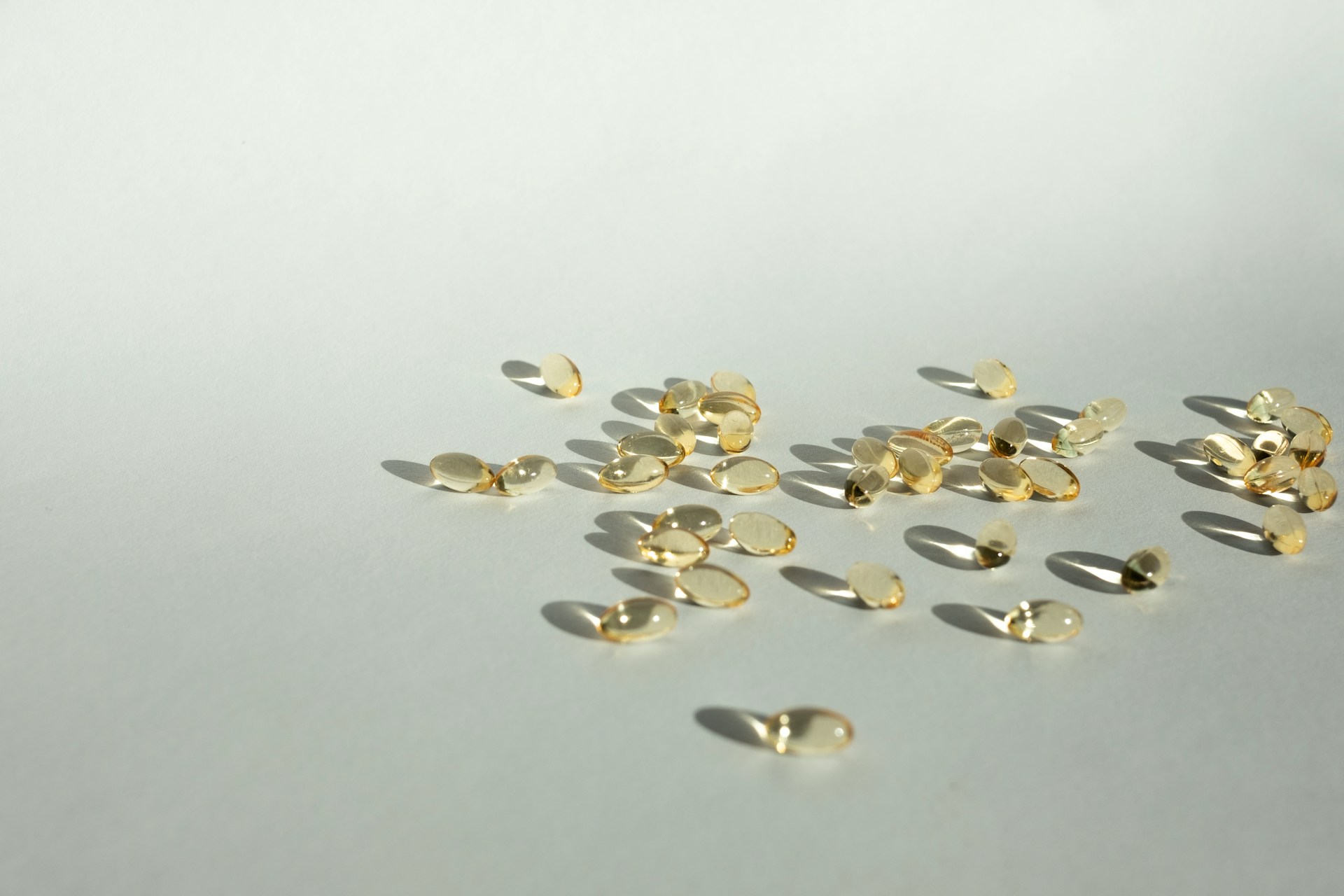سیستم ایمنی و سرماخوردگی
آیا میدانستید که نوجوانان پسر ۱۶ تا ۲۰ ساله در ایران جزو گروههایی هستند که معمولاً نیازهای تغذیهای خود را از طریق مصرف روزانه غذا تأمین میکنند؟ این به این دلیل است که نوجوانان در این سن مقدار زیادی غذا مصرف میکنند که اغلب مواد مغذی کافی برای رشد و تأمین انرژی بدنشان را فراهم میکند.
با این حال، این به معنای نبود کامل کمبودهای تغذیهای در دیگر گروهها نیست. در ایران، بیماریهای ناشی از کمبود تغذیهای مانند اسکوروی (ناشی از کمبود ویتامین C) و بریبری (ناشی از کمبود ویتامین B1)، که در قرن ۱۹ شایع بودند، اکنون بسیار نادر هستند، زیرا دسترسی به رژیم غذایی متنوع بهبود یافته است. با این حال، حفظ یک رژیم غذایی متعادل و متنوع برای پیشگیری از کمبودهای احتمالی و تضمین سلامت عمومی برای همه افراد ضروری است.
مطالعات درباره عادات تغذیهای ایرانیان نشان میدهد که کمبودهای قابلتوجهی در مواد مغذی حیاتی به دلیل رژیمهای غذایی نامتعادل یا ناکافی وجود دارد. به عنوان مثال، تحقیقات نشان میدهد که حدود ۸۰ درصد از جمعیت ایران دچار کمبود ویتامین D هستند. همچنین، کمبود آهن، روی و اسید فولیک بهویژه در میان زنان و کودکان شایع است. کلسیم نیز یکی از مواد مغذی حیاتی است، بهویژه برای افراد مسن و زنان پس از یائسگی.
بدن ما هر روز در معرض میلیونها عامل مهاجم قرار میگیرد. این ممکن است هشداردهنده به نظر برسد، اما بیشتر اوقات سیستم ایمنی ما عملکرد فوقالعادهای در محافظت از ما دارد. باکتریها، ویروسها و قارچها اغلب به بدن حمله میکنند، اما ما معمولاً از این حملات بیخبر میمانیم، زیرا سیستم ایمنی ما به طور خستگیناپذیری از ما دفاع میکند. با این حال، سیستم ایمنی برای انجام این وظیفه حیاتی به پایههای درستی نیاز دارد. مانند سایر فرآیندهای فیزیولوژیکی، مکانیسمهای پیچیده سیستم ایمنی تنها در صورتی امکانپذیر است که مواد مغذی ضروری به اندازه کافی مصرف شوند.
علاوه بر این، میتوانیم با افزودن میوهها و سبزیجاتی که غنی از پلیفنولها، آنتوسیانینها، گلوکوزینولاتها و فلاونوئیدها هستند به رژیم غذایی خود، دفاع بدن در برابر ویروسها و باکتریها را تقویت کنیم. این ترکیبات گیاهی به دلیل خواص آنتیاکسیدانی و تواناییشان در مبارزه با عوامل بیماریزا شناخته شدهاند. با حفظ یک رژیم غذایی متعادل و غنی از مواد مغذی، میتوانیم سیستم ایمنی بدن خود را تقویت کرده و سلامت کلی و مقاومت خود را بهبود دهیم.

ویتامینها و سیستم ایمنی بدن
ویتامین C، که بهعنوان اسید آسکوربیک نیز شناخته میشود، یکی از مهمترین ویتامینها در تقویت سیستم ایمنی است. این ویتامین با حمایت از لنفوسیتهای T، که نوعی از گلبولهای سفید خون هستند، نقش حیاتی در مقابله با عوامل بیماریزا ایفا میکند. همچنین، ویتامین C بهعنوان یک آنتیاکسیدان قوی، سلولها را در برابر استرس اکسیداتیو محافظت میکند؛ ویژگیای که در دفاع ایمنی بسیار مهم است.
کمتر شناخته شده است که ویتامین D نیز در مقابله با عوامل بیماریزا ضروری است؛ زیرا سلولهای کشنده طبیعی (Natural Killer Cells) را در سیستم دفاعی بدن فعال میکند. اسید فولیک (ویتامین B9) و ویتامین B6 نیز در تولید آنتیبادیها و فعالیت انواع مختلف سلولهای دفاعی نقش دارند و بدین ترتیب از سیستم ایمنی حمایت میکنند.
در میان مواد معدنی، آهن و روی برای عملکرد صحیح سیستم ایمنی بسیار مهم هستند. آهن به عملکرد لنفوسیتهای T کمک میکند و روی با تحریک فاگوسیتها (سلولهای بیگانهخوار) و تقویت تولید آنتیبادیها، به تقویت سیستم ایمنی میپردازد. مس نیز احتمالاً در تولید آنتیبادیها تأثیرگذار است. بنابراین، مصرف متعادل و کافی این ویتامینها و مواد معدنی برای حفظ سلامت سیستم ایمنی و مقابله مؤثر با عوامل بیماریزا ضروری است.

نکاتی برای پیشگیری از عفونتها
Keep the intestinal flora healthy
More than 70% of our immune cells are located in the intestinal mucosa. And 500 or so different types of bacteria that live in the intestine are also supposed to be able to drive out unwelcome intruders. Thinking about the intestine as the key to our health is justified because it makes a significant contribution to an immune system that is ready to ward off attackers!
A healthy intestinal flora is mainly based on a healthy and balanced diet: Natural yoghurt or kefir in particular are considered beneficial as probiotic foods, as the lactic acid bacteria they contain are among the most desirable microorganisms. Foods high in plant fibre (such as fresh fruit and vegetables or whole grain products) also support the intestinal flora, as they can serve as food for the beneficial types of bacteria.
Get enough sleep
The immune system works most effectively at night. It is also exposed to the fewest attacks from outside during this time and can concentrate entirely on destroying unwanted intruders. Studies at the University of Pennsylvania have even shown that one night’s sleep being reduced to four hours can impair the immune system after only 12 days: In the experiment, there was an increase in inflammatory markers that are associated with diabetes, arteriosclerosis and ultimately cardiovascular disease. So getting enough sleep is not only important for memory and concentration, but also for physical health.
Get active regularly
The immune system is more closely linked to the central nervous system than previously thought. Regular exercise and sport can stimulate the immune system and promote stress resistance. Experts recommend moderate endurance training to activate phagocytes and killer cells. Just three hours of jogging per week is enough to improve the function of the immune cells. Too much, on the other hand, is rather harmful: After physical overload, our susceptibility to infections is even increased within a certain period of time. If are already suffering from an infection, you should not never keep exercising to avoid any further risks to your health!
Increasing your resilience in the sauna
Cold showers or contrast baths are certainly not to everyone’s taste, but regular visits to the sauna can also be beneficial and are a relaxing wellness activity for the body and mind. The extreme temperature stimuli train the body to adapt more quickly to heat or cold and thus promote its resistance, even if they have no direct influence on the immune cells.
Protect mucous membranes
The mucous membranes are particularly vulnerable to attacks by viruses and bacteria: The cold and the heating air in winter dry them out and weaken them even more. Products such as seawater spray or inhalations can be useful tools for this.
Don’t forget to wash your hands
The solution can also be really simple: Regular and thorough hand washing is the best preventive measure against colds! Not only the palms, but also the backs of the hands, the fingertips and the spaces between the fingers should be soaped up thoroughly and rinsed. If a family member is ill, you should keep your distance from them if possible and household objects as well as surfaces should be thoroughly cleaned and disinfected on a regular basis.

